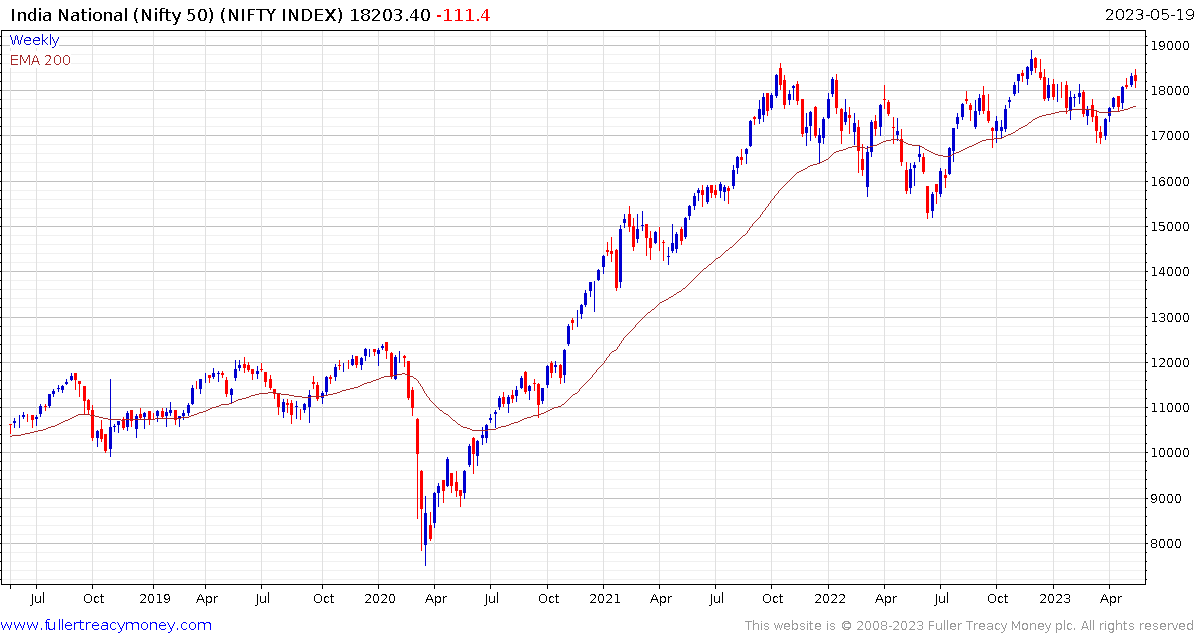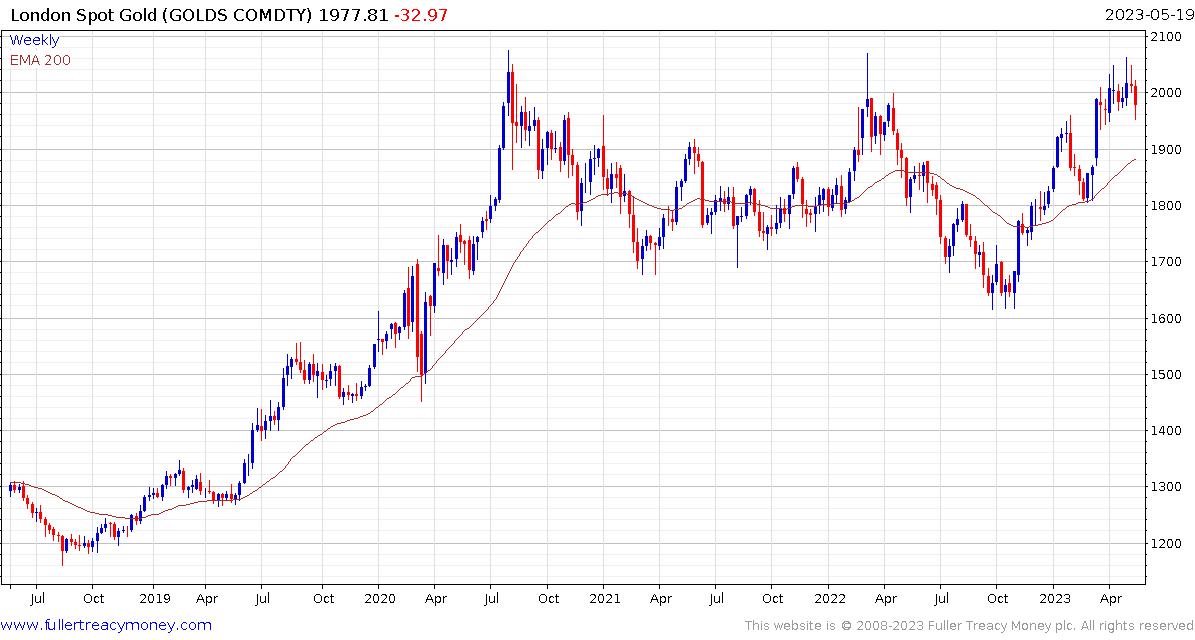'In a lot of the world, the clock has hit midnight': China is calling in loans to dozens of countries from Pakistan to Kenya
This fascinating article by Bernard Condon for The Associated Press may be of interest. Here is a section:
As Parks dug into the details of the loans, he found something alarming: Clauses mandating that borrowing countries deposit U.S. dollars or other foreign currency in secret escrow accounts that Beijing could raid if those countries stopped paying interest on their loans.
In effect, China had jumped to the front of the line to get paid without other lenders knowing.
In Uganda, Parks revealed a loan to expand the main airport included an escrow account that could hold more than $15 million. A legislative probe blasted the finance minister for agreeing to such terms, with the lead investigator saying he should be prosecuted and jailed.
Parks is not sure how many such accounts have been set up, but governments insisting on any kind of collateral, much less collateral in the form of hard cash, is rare in sovereign lending. And their very existence has rattled non-Chinese banks, bond investors and other lenders and made them unwilling to accept less than they’re owed.
“The other creditors are saying, ‘We’re not going to offer anything if China is, in effect, at the head of the repayment line,’” Parks said. “It leads to paralysis. Everyone is sizing each other up and saying, ‘Am I going to be a chump here?’”
Loans as ‘currency exchanges’
Meanwhile, Beijing has taken on a new kind of hidden lending that has added to the confusion and distrust. Parks and others found that China’s central bank has effectively been lending tens of billions of dollars through what appear as ordinary foreign currency exchanges.Foreign currency exchanges, called swaps, allow countries to essentially borrow more widely used currencies like the U.S. dollar to plug temporary shortages in foreign reserves. They are intended for liquidity purposes, not to build things, and last for only a few months.
But China’s swaps mimic loans by lasting years and charging higher-than-normal interest rates. And importantly, they don’t show up on the books as loans that would add to a country’s debt total.
Mongolia has taken out $1.8 billion annually in such swaps for years, an amount equivalent to 14% of its annual economic output. Pakistan has taken out nearly $3.6 billion annually for years and Laos $300 million.
The swaps can help stave off default by replenishing currency reserves, but they pile more loans on top of old ones and can make a collapse much worse, akin to what happened in the runup to 2009 financial crisis when U.S. banks kept offering ever-bigger mortgages to homeowners who couldn’t afford the first one.
Some poor countries struggling to repay China now find themselves stuck in a kind of loan limbo: China won’t budge in taking losses, and the IMF won’t offer low-interest loans if the money is just going to pay interest on Chinese debt.
For Chad and Ethiopia, it’s been more than a year since IMF rescue packages were approved in so-called staff-level agreements, but nearly all the money has been withheld as negotiations among its creditors drag on.
The G-7 meeting starts today in Japan and the BRICS Summit will be in August in South Africa. On one side we have the major developed countries getting together to talk about cooperation and how to counter Russia and China. On the other, are the world’s major population centres, where growth will be concentrated over the coming decades. They are suspicious of G7 motives and not least since the confiscation of Russia’s sovereign reserves and are also seeking cooperation but with one another. A major PR exercise is now underway to win hearts and minds in the emerging markets as geopolitical battles lines are drawn.
The above article is full of troubling statistics about the scale of China’s lending into small illiquid economies with no real ability to repay loans. This issue has been evolving for several years already and is complicated by the fact China is the primary buyer of exports from many of these countries. Without sending troops in to make its point, China is more than capable of using economic weapons to force compliance. That suggests small countries are going to continue to be squeezed as great powers compete.
 Meanwhile, India is too important for either bloc to ignore. The administration is perfectly aware of the position it occupies and appears intent to pursue an independent transactional foreign policy. The Nifty Index continues to pause in the region of the upper side of an 18-month range.
Meanwhile, India is too important for either bloc to ignore. The administration is perfectly aware of the position it occupies and appears intent to pursue an independent transactional foreign policy. The Nifty Index continues to pause in the region of the upper side of an 18-month range.

Gold continues to consolidate in the region of its peaks.


